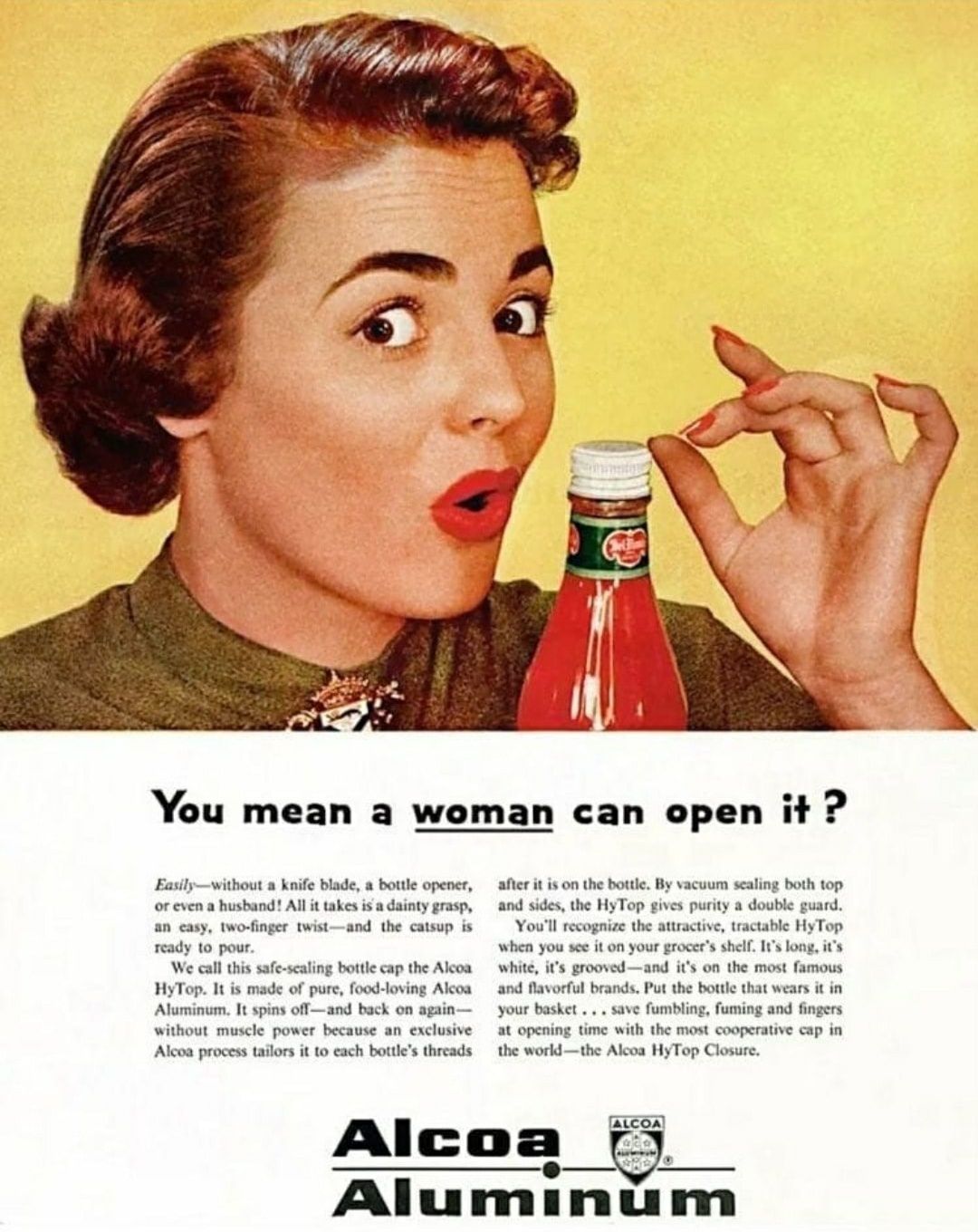What do I need to know about sexism?
The legal definition of sex discrimination
The U.S. Equal Employment Opportunity Commission defines sex discrimination as treating an applicant or employee unfavorably because of that person’s sex or gender identity. This could include any aspect of employment, including hiring, firing, pay, job assignments, promotions, layoffs, training, fringe benefits, and any other term or condition of employment.
Sex harassment can include “sexual harassment” or unwelcome sexual advances, requests for sexual favors, and other verbal or physical harassment of a sexual nature. Such harassment does not have to be of a sexual nature, however, and can include offensive remarks about a person’s sex. Victims and harassers can be either women or men, and the victim and harasser can be the same sex.
Although the law doesn’t prohibit simple teasing, offhand comments, or isolated incidents that are not very serious, these types of incidents contribute to a negative workplace culture that can also lead to more serious incidents. For both reasons, such “everyday sexism” should be strongly discouraged.
What is everyday sexism?
Merriam-Webster defines sexism as “prejudice or discrimination based on sex; especially discrimination against women” or “behavior, conditions, or attitudes that foster stereotypes of social roles based on sex.” Thus, everyday sexism consists of the daily encounters of inequality that individuals who don’t fit into stereotypical gender roles face.
According to researchers, there are two types of everyday sexism: hostile sexism and benevolent sexism.

Hostile Sexism
Hostile sexism includes obvious negative stereotypes or assessments about a gender. This can include statements and behaviors that generalize either men or women. It includes, for example, suggestions that women are inferior, incompetent, unintelligent, emotional, or manipulative. These types of statements and behaviors can also be targeted toward men who are seen as “not masculine enough.”
Examples of hostile sexism in the workplace include false or unfounded suggestions that a woman only achieved her position to “meet a quota” or asking a woman in a meeting—who is in the same position as the men—to perform a demeaning task, such as getting the coffee.

Benevolent Sexism
Benevolent sexism is more subtle and is expressed in a seemingly positive or complimentary way, but ultimately reinforces stereotypes or gender roles.
Examples of benevolent sexism in the workplace include not inviting a female employee to an after-business-hours social or networking event under the assumption that she would rather spend time with her family, instead of asking her and allowing her to make that decision for herself. Or, asking a female employee to plan a department or company event, take the meeting minutes, or order lunch for a team meeting based on the assumption that women are better at planning and organizing, or that men are worse. Either way, such stereotyping sends the wrong message.
For men in construction, their rate of suicide is about four times higher than the general population.
2020, the Centers for Disease Control and Prevention
Construction’s ‘💪macho culture💪’ and its relation to sexism
While the above examples focus on the negative impact everyday sexism has on women, it is important to note that men and others who don’t fit into traditional general roles can also be targets of everyday sexism.
This is especially true in construction, where there is a cultural expectation to be hyper-masculine. Examples of traditional male gender expectations include being physically strong, having a lack of emotion, not discussing problems or seeking help, being self-sufficient, and being competitive.
This “macho” or “tough guy” culture boxes men into traditional gender roles that hurt men’s overall mental health and well-being (construction has the highest rate of male suicide of any industry), contributes to a culture that marginalizes women, and leads to bullying and hazing on the job site.
Companies with little or no tolerance for everyday sexism have better work environments—not just for women, but for all individuals.
